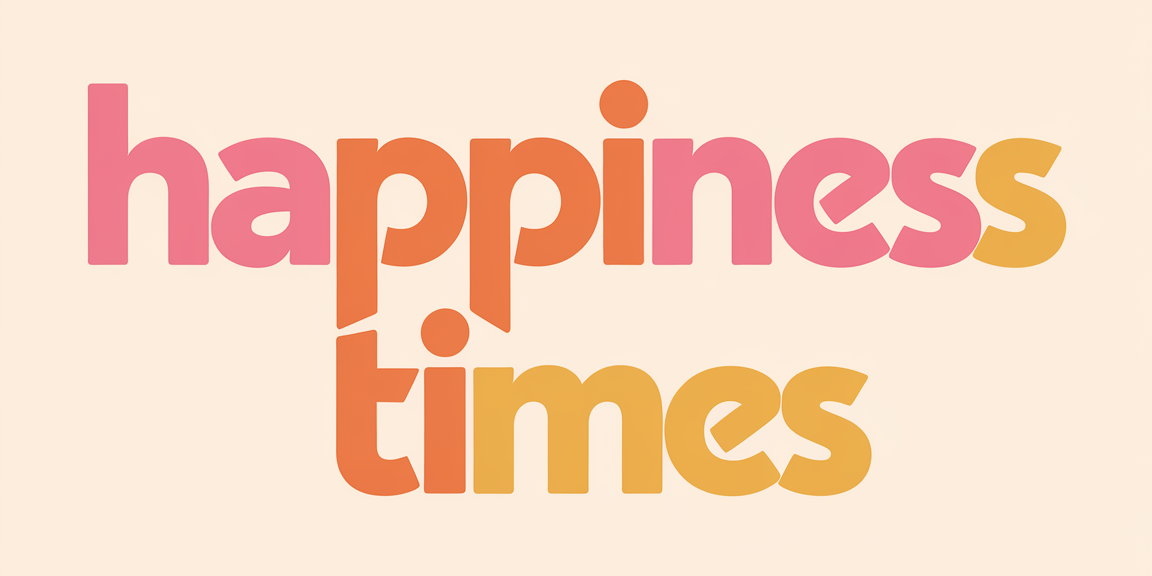When we think about happiness, we often jump straight to big milestones—new jobs, dream vacations, or major life changes. But most of the joy in our lives actually comes from small, everyday things we tend to overlook. There are simple but powerful elements that can quietly boost your mood and make life feel more balanced. Think of them as the hidden corner pieces of your happiness puzzle—easy to miss, but essential for the full picture.
The Power of Sleep You Actually Enjoy
We know sleep matters, but there’s a difference between crashing out and truly restful, recharging sleep. The latter leaves you waking up without dread, even on Monday. Building a consistent bedtime routine helps more than you think. It’s not glamorous, but the payoff is huge—better mood, clearer thinking, and more patience with the world. Happiness often starts with not being exhausted.
Eating for Energy, Not Just Fullness
Food can be comfort, celebration, and yes—sometimes stress relief. But the way you eat shapes how you feel for the rest of the day. Meals that fuel you with steady energy make everything from work to workouts feel easier. It’s about balance, not perfection—choosing foods that make you feel good long after the plate is empty. A happier mood often starts in the kitchen.
Moving Because It Feels Good
Exercise doesn’t have to mean punishing workouts or fancy equipment. Movement can be dancing in your kitchen, walking a friend’s dog, or stretching before bed. When you focus on feeling good rather than burning calories, you’re more likely to keep it up. Movement helps release stress and boosts your mood in ways that are almost unfair. Your body and your brain both thank you.
Time With People Who Actually Recharge You
Not all social time is created equal. The company of people who make you feel understood, appreciated, and relaxed can lift your mood faster than any self-help book. These are the friends you can be quiet with and still feel connected. Making time for them on purpose—not just when it’s convenient—protects your mental energy. Happiness often hides in quality, not quantity.
A Little Time Entirely to Yourself
Even the most social people need moments to be alone with their thoughts. This isn’t about isolation—it’s about breathing space. Alone time helps you process, recharge, and notice what you actually want from life. Whether it’s a walk, a solo coffee, or ten minutes of stillness, those moments give you back to yourself. Happiness often shows up when the noise quiets down.
Doing Something Just for Fun
Somewhere along the way, we forget that hobbies don’t have to be productive to be worth our time. Doing something simply because it’s enjoyable—painting, reading, baking, even badly singing—gives your brain a break from constant “shoulds.” Fun reminds you that life isn’t only about responsibilities. Your happiness meter rises when you play without a goal in sight.
Nature in Small Doses
You don’t need to be an extreme hiker to benefit from fresh air and green spaces. Even a short walk in the park or sitting under a tree can reset your mood. Nature has a sneaky way of calming racing thoughts and making problems feel smaller. Just a few minutes outdoors can be the difference between a tense day and a balanced one.
Learning Something New Without Pressure
Picking up a new skill or piece of knowledge—just for curiosity’s sake—can boost confidence and spark joy. It might be learning a phrase in another language, trying a new recipe, or figuring out how to fix something yourself. The point isn’t mastery, it’s exploration. Happiness often grows when you’re in the middle of discovering, not just after you’ve arrived.
Gratitude in Real Time
It’s easy to think of gratitude as a mental exercise for bedtime. But noticing small moments of joy as they happen—your coffee’s perfect temperature, a stranger’s smile—makes the effect stronger. Real-time gratitude trains your brain to look for good things without forcing it. Happiness feels more constant when you don’t save it all for later reflection.
Choosing Kindness Over Being Right
There’s satisfaction in winning an argument, but there’s a deeper peace in letting go when it matters less than the relationship. Choosing kindness—holding the door, giving someone the benefit of the doubt—feels lighter. These acts don’t just help others, they shift your own mood for the better. Happiness is contagious when it starts with you.


